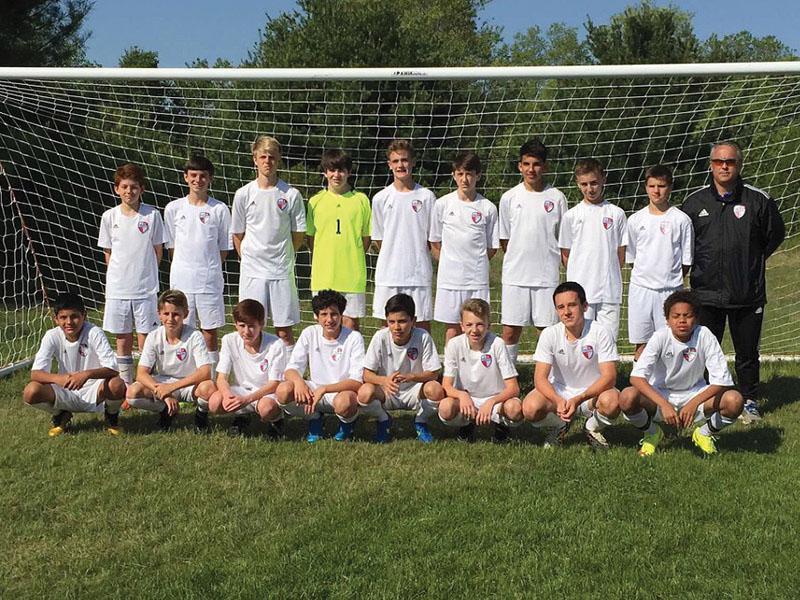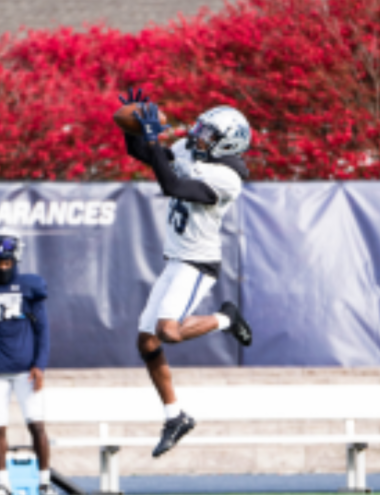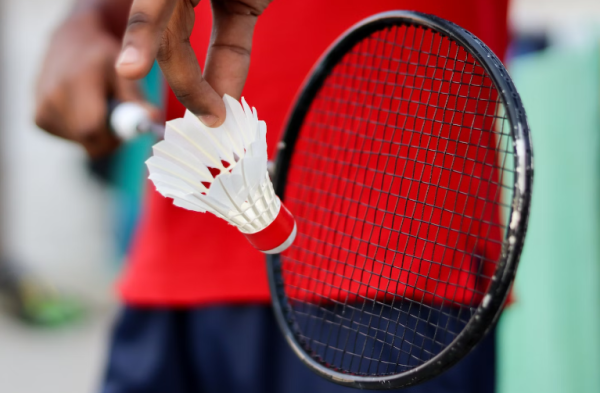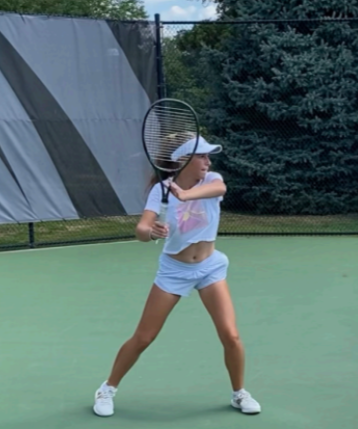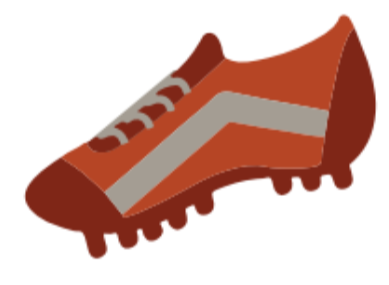Athletes have different perspectives on parent coaches
March 10, 2017
Coaching can make or break an athlete’s success. Competitors in high level sports can often have their fates determined by their relationship with their coach, and for some, this relationship is a real boost.
Today, parents are not only key figures for their children and teens at home, but they are taking on a pivotal role on the field as well.
According to Educated Sports Parent, parents of players make up 90 percent of all youth sport coaches, and that number is continuing to increase every day. The subject of having parents as coaches has drawn many different opinions from both athletes and parents on whether it is fair and helpful, or detrimental and biased.
Some athletes find that having a parent as a coach is very beneficial and strengthens them as a player. Freshman Sawyer Barth of West Long Branch plays soccer and has been coached by his dad for seven years.
“My dad knows me better than any other coach would,” Barth said. “He knows how to deal with me as a player because he already knows how to deal with me as his kid.”
Other athletes, like sophomore Kelly Forrester of Spring Lake Heights, think that it is rather demanding. Forrester’s mom was her softball coach for seven years, and she found that it was very challenging.
“I hated having my mom coach me,” Forrester said, “She was so much harder on me than the other kids and there was so much extra pressure to try and impress her.”
Summer Ward of Oceanport, who plays softball, has a different perspective on the subject. Rather than having a parent as a coach, Ward is coached by the parent of one of her teammates.
“A lot of the time coaches have bias if they have a kid on the team,” said Ward, “I’ve seen a lot of times where coaches put their kids in the best positions even though they don’t deserve it.”
Some may find that having a parent as a coach is a luxury with both athletic and personal benefits, while for others it is a challenge to overcome the bias and pressure.



